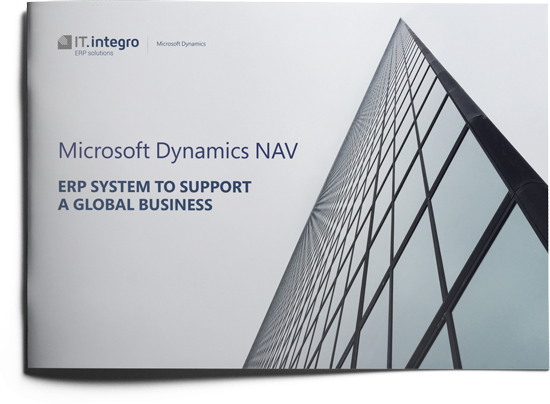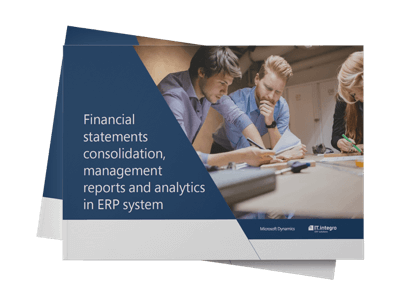In order to gain competitive advantage against fast growing competitors, multinational companies move more and more of their operations to low cost countries. On the other hand, their capital advantage as well organisational and process maturity enhance their competitive edge. In addition, technology can boost their competitiveness due to process or work automation.
Obviously, ERP systems are one of many areas within which you can demonstrate your technological advantage. Actually, the architecture of the global ERP environment can either consolidate a company or break it into siloes, it can support the implementation of the best practices and process excellence or hinder them. When a new organisation is acquired, an ERP architecture can support your company to smoothly incorporate new organisations or to the contrary strengthen their individuality; it can enhance collaboration or hinder such processes. The webpages the links of which have been published below, respond to questions on how Microsoft Dynamics 365 Business Central can deal with such challenges. However, in the background of these issues, lies a fundamental question: does the global ERP architecture implemented meet the requirements your company is facing? Or maybe, does your system’s architecture meet the challenges which your company used to encounter in the past when it was much smaller and not so internationally dispersed as presently?

























